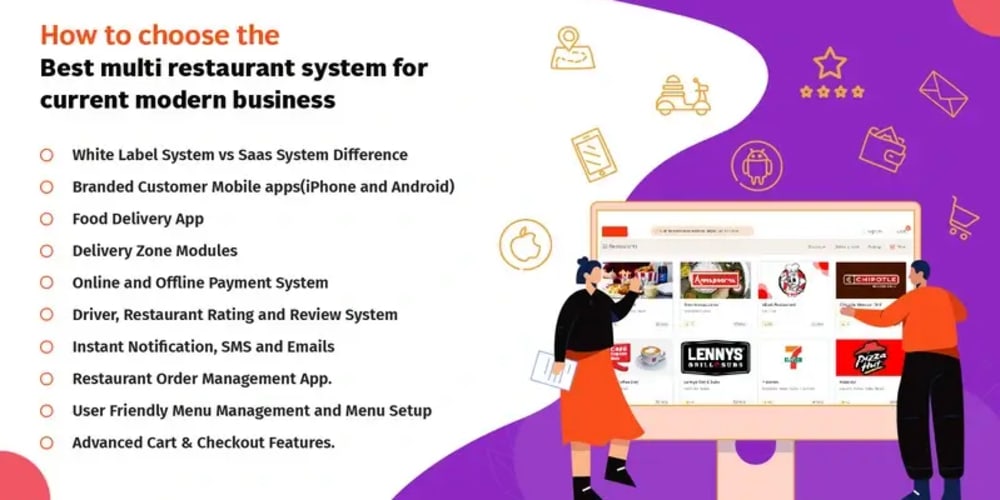If a business chooses not to outsource invoice processing, it must handle this task internally. This decision has several implications, both positive and negative, that impact various aspects of the business. Here's a detailed look at the potential consequences:
Benefits of Not Outsourcing Invoice Processing
Control and Oversight:
Greater Control: Managing invoice processing in-house allows for direct control over the process, ensuring that all steps align with the company’s policies and standards.
Customization: Businesses can tailor their invoice processing systems to fit their specific needs without having to conform to an external provider’s system.
Security:
Data Security: Keeping sensitive financial data in-house can reduce the risk of data breaches associated with third-party vendors.
Confidentiality: Ensures that sensitive information is not shared with external entities, which can be crucial for maintaining privacy.
Integration:
Seamless Integration: Internal teams can integrate the invoice processing system seamlessly with other internal systems (ERP, CRM, etc.), ensuring consistency and reducing compatibility issues.
Drawbacks of Not Outsourcing Invoice Processing
Cost:
Higher Overheads: Maintaining an in-house invoice processing team involves significant costs, including salaries, benefits, training, and infrastructure.
Technology Investment: Companies must invest in and maintain the necessary technology and software for efficient invoice processing.
Efficiency and Scalability:
Limited Efficiency: Internal teams may not have the specialized skills and tools that outsourced providers offer, potentially leading to slower processing times and errors.
Scalability Issues: As the company grows, scaling up invoice processing capabilities can be challenging and may require additional resources.
Focus on Core Activities:
Distraction from Core Business: Managing invoice processing internally can divert focus and resources away from core business activities and strategic initiatives.
Administrative Burden: Handling this administrative task in-house can increase the workload for internal staff, potentially leading to burnout or decreased productivity.
Compliance and Best Practices:
Keeping Up with Regulations: Internal teams must stay updated with changing regulations and best practices in invoice processing, which can be resource-intensive.
Risk of Non-Compliance: Failure to comply with regulatory requirements can lead to legal issues and financial penalties.
Potential Compromises
Hybrid Approach: Some businesses opt for a hybrid approach, outsourcing parts of the invoice processing while keeping critical or sensitive components in-house. This can balance the benefits of both models.
Automation: Investing in advanced automation tools for in-house processing can mitigate some of the drawbacks by increasing efficiency and reducing human error.
Deciding whether to outsource invoice processing depends on a business's specific needs, resources, and strategic priorities. While keeping it in-house provides greater control and security, it also involves higher costs and potential inefficiencies. Companies must weigh these factors carefully to determine the best approach for their circumstances.


















